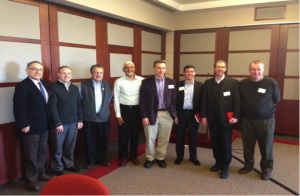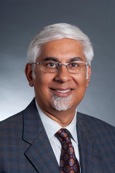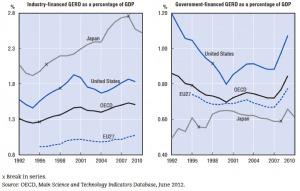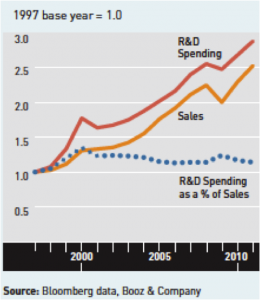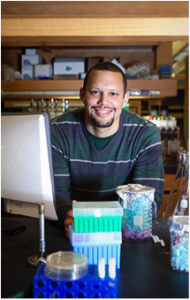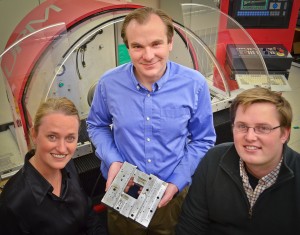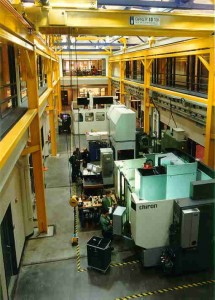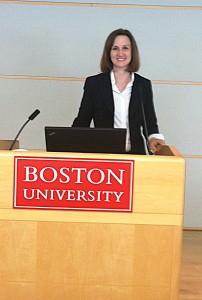Adoption of its iPad Solutions Growing 50% Month-Over-Month; Now Employed by Thousands of Registered Clients and Therapists
BOSTON – Feb. 24, 2014 – Constant Therapy, a developer of a cloud-based iPad solution that enables people with cognitive, language, communication and learning disorders to access science-based brain therapies, today announced that it has raised first round funding.
This funding round is led by Boston University, TiE Angels Boston and serial entrepreneur Andy Palmer.
The undisclosed amount will go towards the development of Constant Therapy’s ground-breaking mobile brain rehabilitation iPad solution to meet the demands of a rapidly expanding user base as well as to officially launch and expand marketing efforts. The company’s solutions are designed for use by victims of traumatic brain injury, stroke, aphasia and learning disabled clients in addition to speech and language pathologists/occupational therapists.
According to Constant Therapy co-founder and CEO Veera Anantha, “Constant Therapy is the only application combining science-based tasks with advanced analytics enabling patients to take advantage of the latest and most advanced research on brain rehabilitation. Adoption of our application has been growing 50% month-over-month, reaching new milestones with thousands of registered users. This funding will enable us to better and more quickly meet their critical needs.”
Vinit Nijhawan, managing director of Boston University Office of Technology Development, said, "We are proud to support a solution based on advanced brain rehabilitation research performed here. More importantly, we believe the Constant Therapy solution has the potential to transform the way therapy and developmental care is delivered to brain injury survivors and children with learning disorders."
According to Andy Palmer, “There are few early-stage companies that have the potential to both create economic value and change people lives in such a significant way – Constant Therapy is one of them. The strong demand for the Constant Therapy application serves as testimony to the critical need it fills and the efficacy of its development.”
Constant Therapy enables patients to access tools for high-quality, science-based therapies from anywhere and at anytime. Clinicians can create highly customized rehabilitation programs for each patient, assign homework and monitor patient performance 24x7. This can translate into better patient outcomes and, importantly, continuing improvement.
Free Trial Download and Video Demo
Patients and clinicians can download a free trial of Constant Therapy’s iPad application here. They can view short video demos of the product here.
About Boston University
Founded in 1839, Boston University is an internationally recognized institution of higher education and research. With more than 33,000 students, it is the fourth-largest independent university in the United States. BU consists of 16 schools and colleges, along with a number of multi-disciplinary centers and institutes integral to the University’s research and teaching mission. In 2012, BU joined the Association of American Universities (AAU), a consortium of 62 leading research universities in the United States and Canada.
About Constant Therapy (www.constanttherapy.com)
Founded in 2012, Boston-based Constant Therapy provides iPad tools for continuous and personalized therapy to people with cognitive, language, communication and learning disorders. Born out of groundbreaking research at Boston University and in pilots with prominent and nationally recognized rehabilitation institutions, Constant Therapy provides the most comprehensive set of tools for care to people who have suffered a traumatic brain injury (TBI), stroke or dementia, or children who need special education and care due to learning disabilities or other disorders. Therapy tasks are based on the latest research and are easy to use. With 50 science-based categories of tasks and over 12,000 items, patients can continue to get better at home or even after traditional care ends in the clinic.
CONTACT:
Elyse Familant
GCC, Inc.
978-725-3637
elysef@gccpr.com
